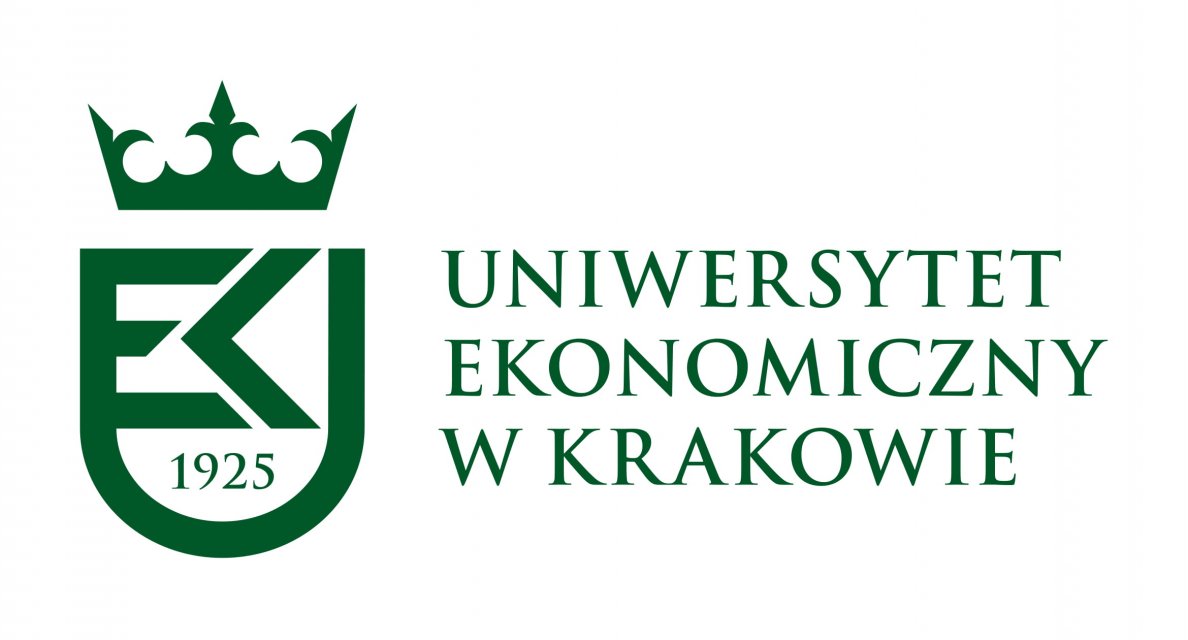
| ||||||||||||||
|
Learning Outcomes Objectives and goalsClick to read
At the end of this module you will be able to:
Understand the needs of today’s online clientele What are online clientele?Click to read
In just about every business today it is hard to find a client that is not in some way digitally connected (online)(. There are various forms of online customers: - Pure online
- Pre-dominantly online
- Somewhat online
- Extremely limited online/digital presence
An online customer is viewed as one whose primary mode of connection (marketing, customer service etc.) is through an online channel. They have limited in-person contact with their suppliers – this has become much more prevalent through the pandemic.
The needs for online clientele include: - Ease and convenience
- Clear customer interface (intuitive)
- Clear information (including pricing and delivery)
- Rapid response customer service
- Order anytime, anywhere, on any device
- Level of personalization
Generational differencesClick to read
There are, arguably, six generations of online clientele in today’s marketplace (dates of birth vary). Baby Boomers à 1946 to 1964 Generation X (Lost Generation) à 1965 – 1980 à Digital immigrants Generation Y (Millennials) à1981 – 1995 à Digital pioneers Generation Z à 1997 – 2012 à Digital Natives, have always known the internet
Each generation is tending to look for different things in their online interactions. We will focus on Millennials (Generation Y:) and Generation Z given their purchasing power and the fact that there is abundant information available on them and they make up the majority of pure/pre-dominantly online customers identified earlier (together worth nearly $3 trillion) Work through generational differences Generation Y (Millennials) 1981 – 1995Click to read
Some of the unique characteristics of this generation as online consumers include: - Electronic word of mouth (EWOM) is very important (82% say ‘critical’)
- Strongly prefer digital communication
- 90% extensively research before purchase
- Search for speciality products
- Health conscious, cook less, interested in wholesale
- Lower volume, higher quality purchases (branded)
Generation Z 1997 - 2012Click to read
Some of the unique characteristics of this generation as online consumers include: - When given the chance prefer face-to-face communication
- More likely to look at social media and brick-and-mortar locations than previous generations
- Conscious of small producers (SMEs)
- Focus on sustainability in all aspects of the buying process
Various sources include: Generation Y versus ZClick to read
https://belvg.com/blog/generation-y-vs-z-how-do-they-shop-online.html
Attract new clients through digital means Marketing strategyClick to read
Attracting clients through digital means must be an integral component of an overall marketing strategy. The key elements of a marketing strategy include: One way to approach this is through the AIDAR model: Awareness: The act of creating attention for the brand or service through various mediums Interest: The step of generating interest to encourage buyers to want to know more Desire: Creating an emotional connection with the buyer so they want the product or like the brand Action: The step when the buyer learns about you and contacts to learn more or makes a purchase Retention: Once someone becomes a customer, the focus turns to satisfy the customer so they return and refer the company to friends and family (word-of-mouth).
Creating an online strategyClick to read
Creating an online strategy (according to Forbes Magazine): 1.Explore the landscape and analyse the results
2.Map out your strategy
3.Define your target audience
4.Build your content strategy
5.Choose your channels and tactics
6.Set key performance indicators and benchmarks
7.Execute with best practices
8.Analyse and adjust
Online is a TOTAL digital strategy – not just social media; it involves all components of digital contact. Social media is a key component and companies must understand how a particular format impacts perspectives of the product/service Multiple channel social media should be considered and the connectedness between them: - ‘Traditional’ social media: Facebook; Twitter; Instagram; Snapchat; LinkedIn; TikTok; Pinterest; Triller
- Also considered social media: WhatsApp; Viber; Discord; Telegram; Skype; WeChat; Messenger
Must stay up to date with latest trends and what is “old school” Do not forget those that require non-digital contactClick to read
Yes, the non-digitals are probably connected digitally BUT they prefer more personal contact - Do not discount traditional media outlets to reach both non-digital AND digital clientele
- Try to ‘slowly’ transition them into parts of your digital strategy (incentivize)
- Closely watch how competitors treat non-digital clientele (might be a complete opening if they ignore)
- Apply a hybrid marketing strategy covering the ‘best of both worlds’
Summing Up Summing UpClick to read
Conclusions Key takeawaysClick to read
| ||||||||||||||
Test Yourself! 
Description:
Through the pandemic, the way in which companies have adapted to their customers (current and new) has been critical to their survival. This unit will focus on digital marketing strategies to attract new customer and maintain existing ones. We will also look at the differences between digital versus non-digital generations, the differences between these generations, and how to balance the two.
Keywords
Online customers; generational differences; Gen Z; Gen Y; digital versus non-digital customers
Bibliography
https://www.elasticpath.com/blog/Top-10-Things-Customers-Expect-from-Your-Online-Store
https://www.statista.com/chart/7957/whats-important-to-the-online-shopper/
https://salesfloor.net/blog/generations-shopping-habits/
https://www.npd.com/news/thought-leadership/2018/10-ways-younger-and-older-millennials-shop-differently/
https://elle.in/comparing-shopping-habits-of-gen-z-and-millenials/#:~:text=A%202021%20Survey%20Monkey%20report,and%20are%20less%20likely%20to
https://belvg.com/blog/generation-y-vs-z-how-do-they-shop-online.html
https://www.indeed.com/career-advice/career-development/marketing-strategies-attract-retain-customers
https://www.forbes.com/sites/forbescoachescouncil/2021/02/25/how-to-create-a-digital-marketing-strategy-eight-steps-to-laser-focus-your-plan/
https://www.wns.co.za/insights/blogs/blogdetail/374/balancing-digital-and-non-digital-to-improve-customer-experience-
https://www.ceotodaymagazine.com/2022/02/6-efficient-non-digital-marketing-strategies/
https://www.elasticpath.com/blog/Top-10-Things-Customers-Expect-from-Your-Online-Store
https://www.statista.com/chart/7957/whats-important-to-the-online-shopper/
https://salesfloor.net/blog/generations-shopping-habits/
https://www.npd.com/news/thought-leadership/2018/10-ways-younger-and-older-millennials-shop-differently/
https://elle.in/comparing-shopping-habits-of-gen-z-and-millenials/#:~:text=A%202021%20Survey%20Monkey%20report,and%20are%20less%20likely%20to
https://belvg.com/blog/generation-y-vs-z-how-do-they-shop-online.html
https://www.indeed.com/career-advice/career-development/marketing-strategies-attract-retain-customers
https://www.forbes.com/sites/forbescoachescouncil/2021/02/25/how-to-create-a-digital-marketing-strategy-eight-steps-to-laser-focus-your-plan/
https://www.wns.co.za/insights/blogs/blogdetail/374/balancing-digital-and-non-digital-to-improve-customer-experience-
https://www.ceotodaymagazine.com/2022/02/6-efficient-non-digital-marketing-strategies/
 Play Audio
Play Audio 














